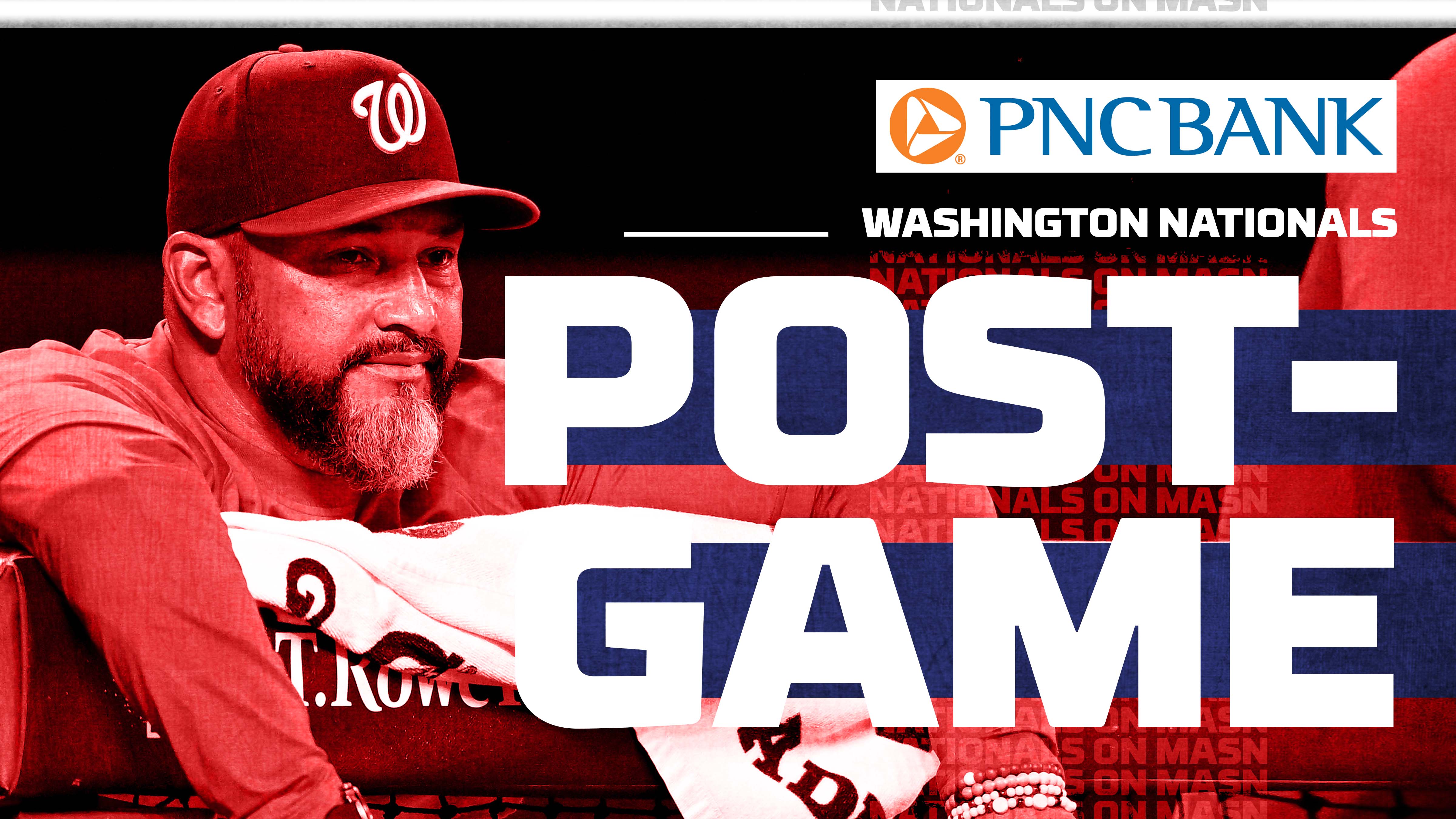MASN ALL ACCESS

Adley Rutschman after his 11th inning HR, snapping O's losing streak

Tony Mansolino after Orioles defeat the Brewers 8-4

Tomoyuki Sugano on contribution to get O's back in win column

Tony Mansolino on Andrew Kittredge, Ramón Laureano news and more

Jackson Holliday after a slow offensive night for the O's in Milwaukee

Breaking down the dismissal of Brandon Hyde as manager | "The Bird's Nest"

Tony Mansolino after dropping Game 2 against the Brewers

Chayce McDermott reflects on his outing in Milwaukee

CJ Abrams’ resurgence | District Chat

Dylan Crews on his injury

Davey Martinez on importance of scoring early

Nathaniel Lowe joins "Nats Xtra" after win

Abrams leads Nats in rematch vs. Braves | PNC Series Insight

Davey Martinez after Nationals' win
-1747526289997.jpg)
Luis García Jr. after three RBI day





-1745819772711.png)



